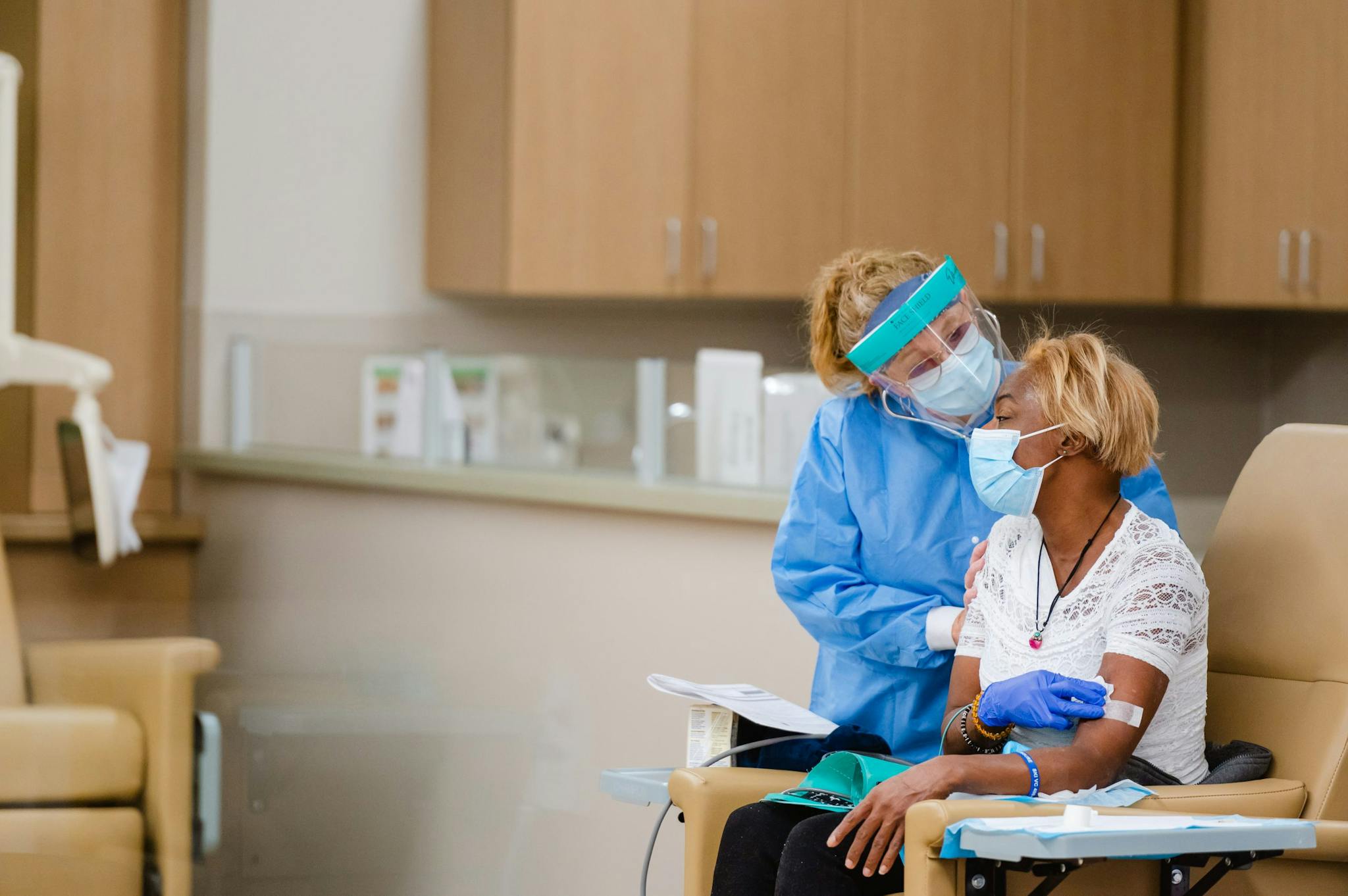
2023-02-15T16:39:02
Understanding Care Coordination & Its Value
- Nephrology
- Value-Based Care
May 18, 2016 | Nephrology • Urology
Specialties:Nephrology (Kidney Care) • Urology

When you schedule your kidney stone consultation with a Revere Health Urologist, you’ve availed yourself of the best possible patient-centered care in the state of Utah. You’ll be treated with compassion and personalized attention by a physician who exemplifies Revere’s mission statement: Your Health Above All Else.
The first part of your consultation will involve a physical exam and a lot of active listening by your urologist. You may be asked questions like:
When did your symptoms begin?
Have they been ongoing or intermittent?
How severe are your symptoms?
Does anything relieve or worsen your symptoms?
Do you have family members with kidney stones?
At Revere Health, we care about your health. Our mission statement is “Your Health Above All Else”.
If your Revere Health urologist suspects you have a kidney stone, you may undergo diagnostic tests such as:
Blood tests that assess the health of your kidneys by looking for high calcium or uric acid levels in your blood and the presence of infection, hyperparathyroidism or dehydration.
Urine tests to determine if you’re excreting too many stone-forming minerals or too few stone-preventing substances. They also detect blood and bacteria.
Imaging tests such as abdominal X-rays, computerized tomography (CT scan), ultrasound or intravenous pyelogram (IVP) to locate kidney stones in your urinary tract.
Analysis of passed stones to determine what’s causing your kidney stones in order to tailor an individualized treatment plan for you.
Approximately 90 percent of all stones will leave the kidney, pass through the ureter and be excreted when you urinate within six weeks. But if you’ve already had one or more kidney stones, your recurrence rate is 14 percent after 1 year and 35 percent after 5 years. Prevention of future stones is essential.
Your doctor will probably suggest a combination of lifestyle changes and medications. You may be referred to a dietitian to help you develop a healthy eating plan that reduces your risk of kidney stones.
“Randomized trials have shown that people who made changes in their diet reduced their risk of stone recurrence by 40 percent. Observational studies have found an 80 percent reduction in risk,” according to The New York Times.
Drink to dilute: One of the best things you can do to reduce the risk of new stone formation is to drink a lot of water consistently throughout the day. Doctors usually recommend passing about 2.6 quarts of urine a day. Strive for light and clear urine.
Diet: Reduce your intake of salt and animal protein, especially red meat. If you form calcium oxalate stones, you may need to restrict high-oxalate foods including strawberries, beets, rhubarb, spinach, Swiss chard, sweet potatoes, dried peas and beans, nuts, tea, chocolate and soy products.
Add lemons, limes and oranges to your diet. Lemonade made with real lemon juice contains citrate, a chemical that reduces the risk of kidney stone formation.
Approximately 90 percent of all stones will leave the kidney within 6 weeks.
Calcium supplements: Although high-calcium foods don’t increase your risk for stones, calcium supplements do in some people. Ask your urologist for guidance.
Medications: Your doctor may prescribe a medication to change the chemical composition of your urine to prevent your specific form of stone from recurring.
Are you concerned that you might have a kidney stone? Revere Health Urology providers specialize in the diagnosis and treatment of a wide range of pediatric and adult urinary problems in eight convenient Utah locations. We offer compassionate, personalized care tailored to your unique needs.
WRITTEN BY:
The Live Better Team
This information is not intended to replace the advice of a medical professional. You should always consult your doctor before making decisions about your health.